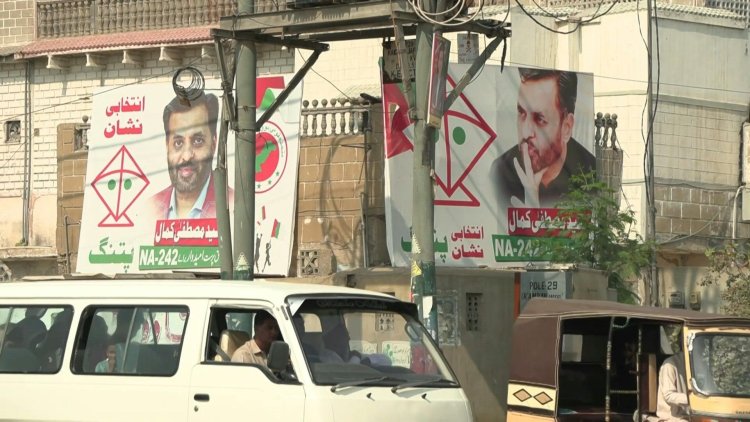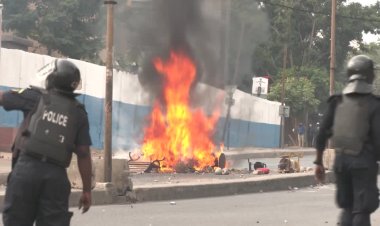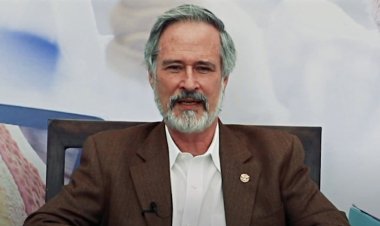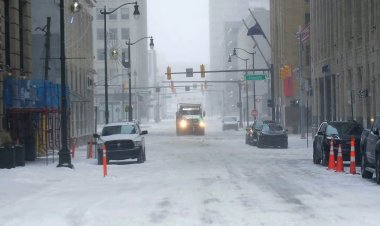Karachi's Political Resurgence

A shadowy political party that ruled Karachi for more than three decades, overseeing the city's descent into a swamp of organized crime, has risen from the ashes in Pakistan's tainted elections.
The Muttahida Qaumi Movement (MQM) ran the city through a pervasive network of street enforcers and elected lawmakers, with its founder Altaf Hussain calling the shots from self-exile in London.
In 2016, the MQM was dismantled in a security crackdown by the military –- its headquarters were sealed off and its offices bulldozed, followed two years later by a collapse in votes at the polls.
But the party's disbanded cadre unified ahead of February's elections, winning enough seats in the city of more than 20 million people to become the third-largest partner in the national coalition government, after an election marred by vote-rigging allegations.
Under new leadership, MQM swept up most of the seats in Karachi in a success analysts say was engineered by the military to keep out MPs loyal to jailed former prime minister Imran Khan -- whose opposition party has been subject to a sweeping crackdown.
In return for supporting the military-backed Pakistan Muslim League-Nawaz (PML-N), analysts predict the MQM will be rewarded with a handful of federal ministries and its choice of governor of Sindh province, where Karachi sits.
The city's voter turnout has historically been lower than the national average and fell to a paltry 38 percent in last month's polls –- 10 percent below the rest of the country.
Police retaliation saw scores of MQM workers killed in extrajudicial murders, exacerbating the cycle of violence.
For a time, Karachi became one of the most dangerous cities in the world.
Charges of treason forced the MQM to disown its founder and a poor showing in the 2018 polls signaled Karachi was poised for a shift in political allegiance.















